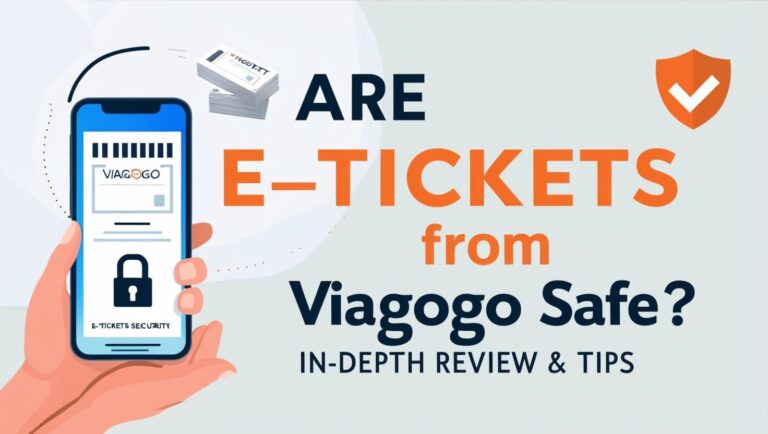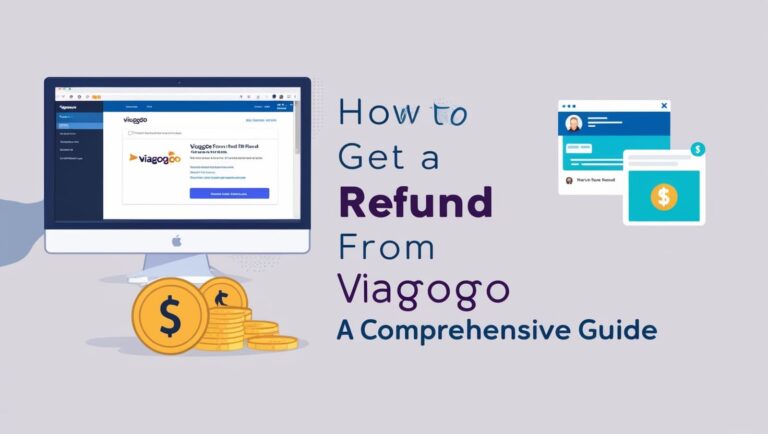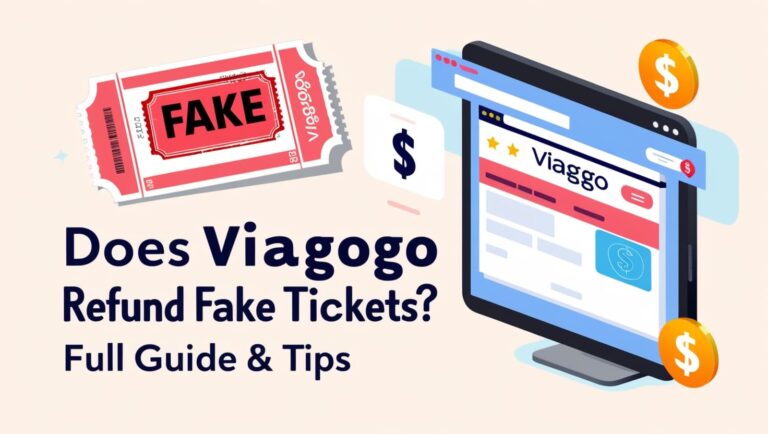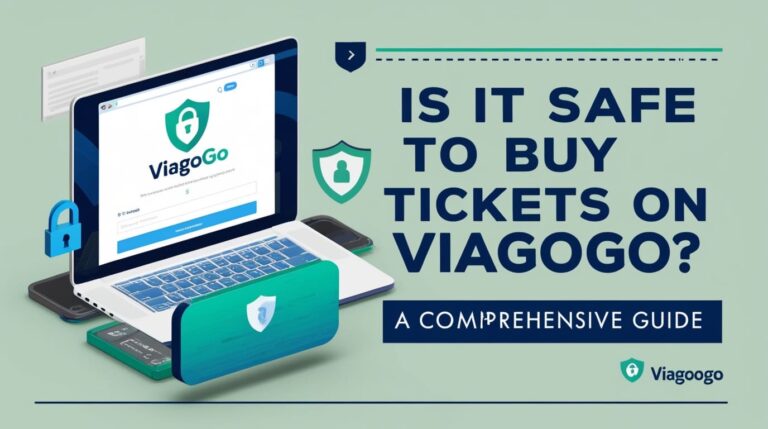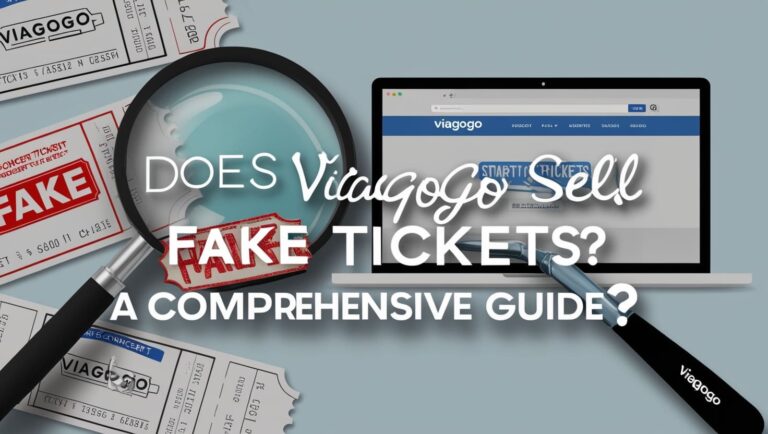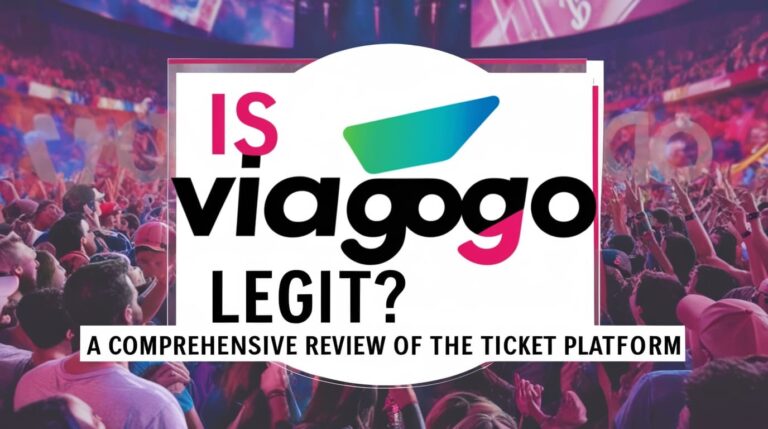Who Owns Viagogo? Insights & Ownership Structure

Viagogo, a prominent online ticket marketplace, has become a crucial player in the live event ticket resale market. From its inception, it has provided fans worldwide with access to tickets for sports, music, and entertainment events. But who exactly owns Viagogo? This article delves into the ownership and control of Viagogo, providing detailed insights into its history, structure, and future prospects.
Founding of Viagogo
Early Beginnings
Viagogo was founded in 2006 by Eric Baker. Baker, who also co-founded StubHub, aimed to create a platform that would revolutionize the secondary ticket market. With his experience at StubHub, Baker had a clear vision of what Viagogo could become: a global marketplace where fans could securely buy and sell tickets for live events.
Eric Baker’s Vision
Eric Baker’s vision for Viagogo was to make ticket buying and selling more accessible and transparent. He wanted to provide a wide range of tickets, ensuring that fans could find tickets to their favorite events, no matter where they were. This vision has been central to Viagogo’s growth and success.
Ownership Structure
Eric Baker’s Control
Eric Baker is the primary owner of Viagogo. He retains control of the company through supervoting shares, which give him significant influence over the company’s decisions and direction. This ownership structure ensures that Baker can steer Viagogo according to his vision without interference from other shareholders.
Major Investors
While Baker holds the majority control, Viagogo has also attracted several prominent investors. These include Index Ventures, Brent Hoberman, and the Rothschild family through Jacob Rothschild. These investors have provided the financial backing necessary for Viagogo’s expansion and growth into a leading global ticket marketplace.
Viagogo’s Acquisition of StubHub
Strategic Move
In a significant move, Viagogo acquired StubHub from eBay for $4.05 billion in February 2020. This acquisition was a strategic effort by Baker to consolidate his influence in the ticket resale market. By bringing together Viagogo and StubHub, Baker aimed to create a more robust and comprehensive ticket marketplace.
Regulatory Scrutiny
The acquisition faced regulatory scrutiny, particularly from the UK’s Competition and Markets Authority (CMA). The CMA was concerned about the potential impact on competition in the ticket exchange and resale markets. To address these concerns, Viagogo agreed to sell StubHub’s international business outside of North America.
Company Performance and Challenges
Impact of COVID-19
The COVID-19 pandemic severely impacted Viagogo and StubHub, with revenues plummeting due to the cancellation of live events. Despite these challenges, Viagogo managed to secure a $330 million loan to navigate the crisis. By mid-2021, the company was reported to be free cash flow positive, indicating a recovery as live events resumed.
Post-Pandemic Recovery
As live events began to return, Viagogo saw a resurgence in ticket sales. The company has been working to rebuild its business and regain consumer trust. The potential public listing of StubHub Holdings, the parent company of both Viagogo and StubHub, underscores the company’s efforts to stabilize and grow in the post-pandemic era.
Controversies and Legal Issues
Hidden Fees and Pricing Tactics
Viagogo has faced several controversies and legal challenges over the years. The company has been accused of hidden fees, opaque pricing tactics, and enabling ticket scalping. These issues have drawn scrutiny from regulators and consumers alike, leading to legal actions in the UK, Europe, and Australia.
Global Scrutiny
The controversies have occasionally led to negative publicity and regulatory actions against Viagogo. Despite these challenges, the company has continued to expand and maintain its position as a leading player in the ticket resale market.
Future Prospects
Going Public
In early 2022, it was revealed that StubHub Holdings was exploring the possibility of going public. This potential move to the public market is a significant step for Viagogo, indicating its growth ambitions and efforts to attract further investment.
Expansion Plans
Looking ahead, Viagogo is focused on expanding its market presence and enhancing its platform. The company aims to provide a seamless experience for ticket buyers and sellers, with a broader selection of tickets and improved services.
Challenges Ahead
Despite its growth and expansion plans, Viagogo faces significant challenges. The company must navigate regulatory scrutiny, rebuild consumer trust, and adapt to the evolving market dynamics in the post-pandemic world.
Conclusion
Viagogo, under the leadership and majority control of Eric Baker, has grown into a significant player in the global ticket resale market. Despite facing challenges and controversies, the company’s strategic acquisitions and investor support have positioned it for continued influence and potential growth in the future.
In summary, Viagogo’s ownership and control lie primarily with its founder, Eric Baker, supported by significant investors. The company’s strategic moves, including the acquisition of StubHub, and its resilience in the face of challenges, highlight its importance in the live event ticket market. As Viagogo looks to the future, it remains a key player to watch in the ticket resale industry.

